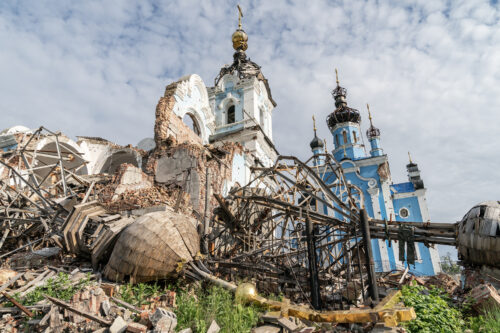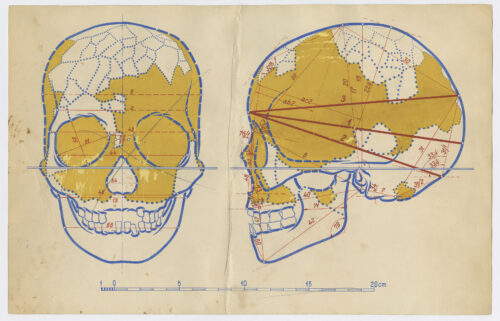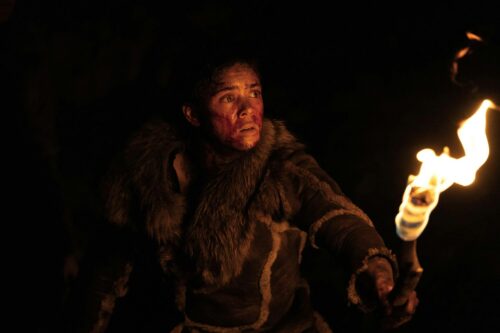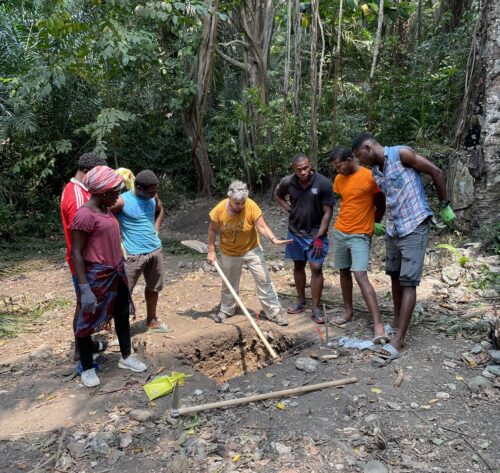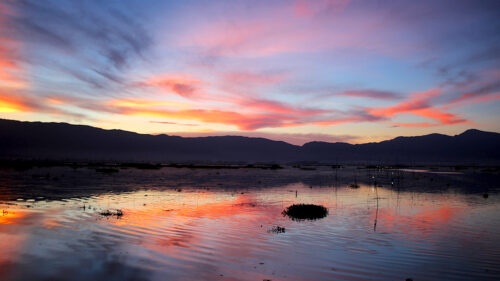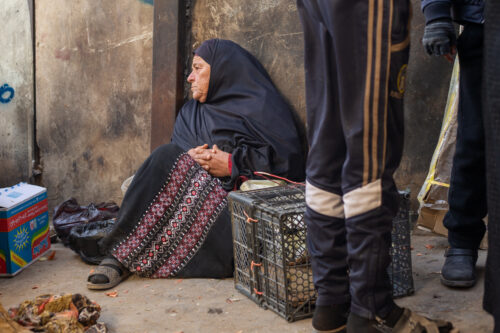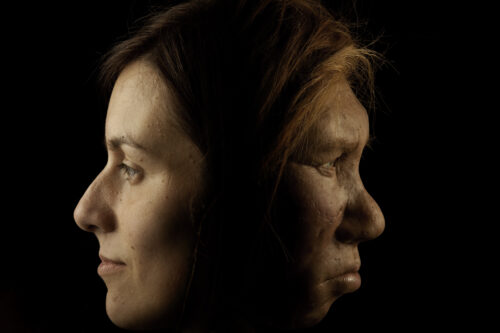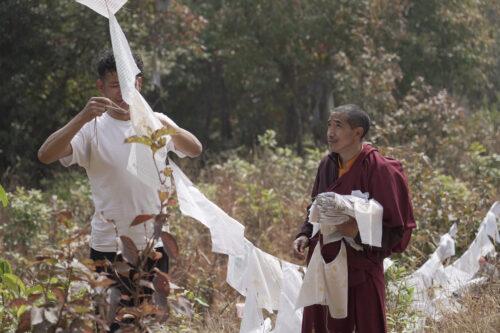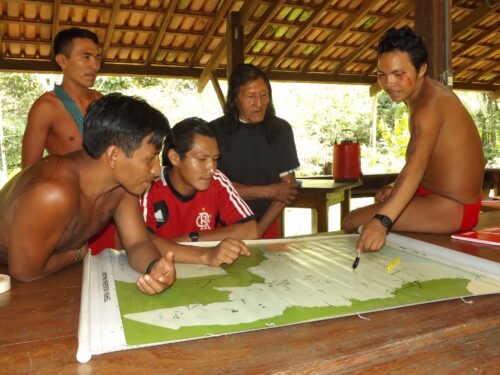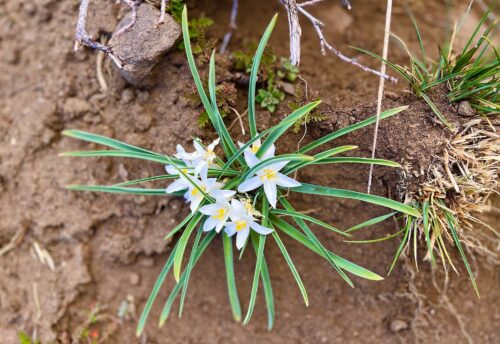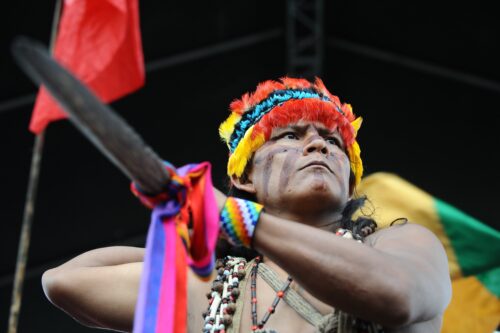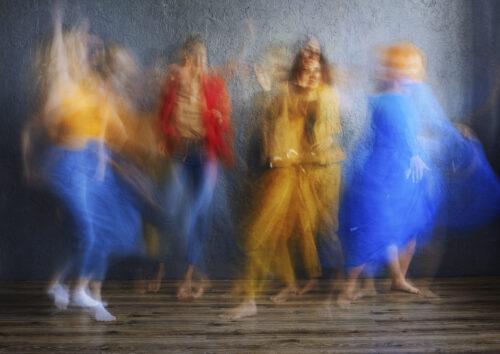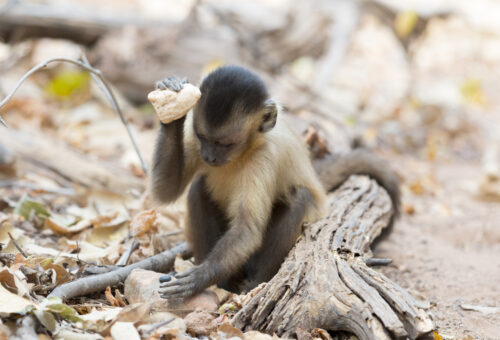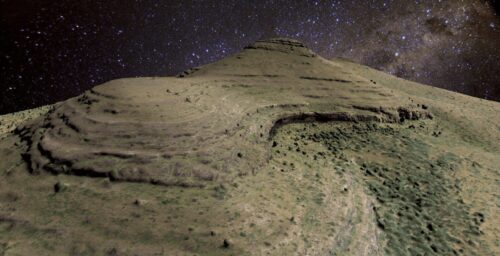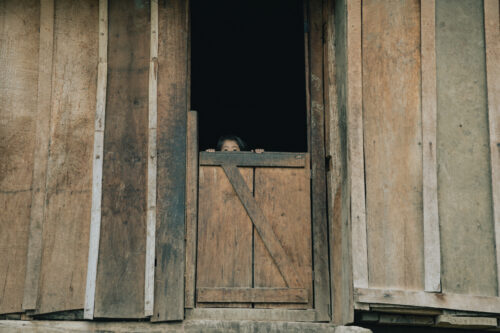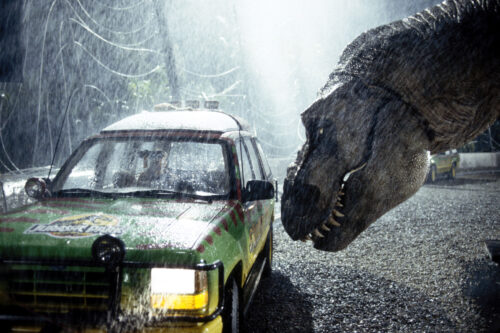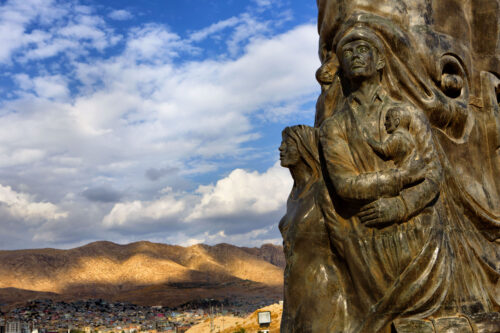Grass Trilogy
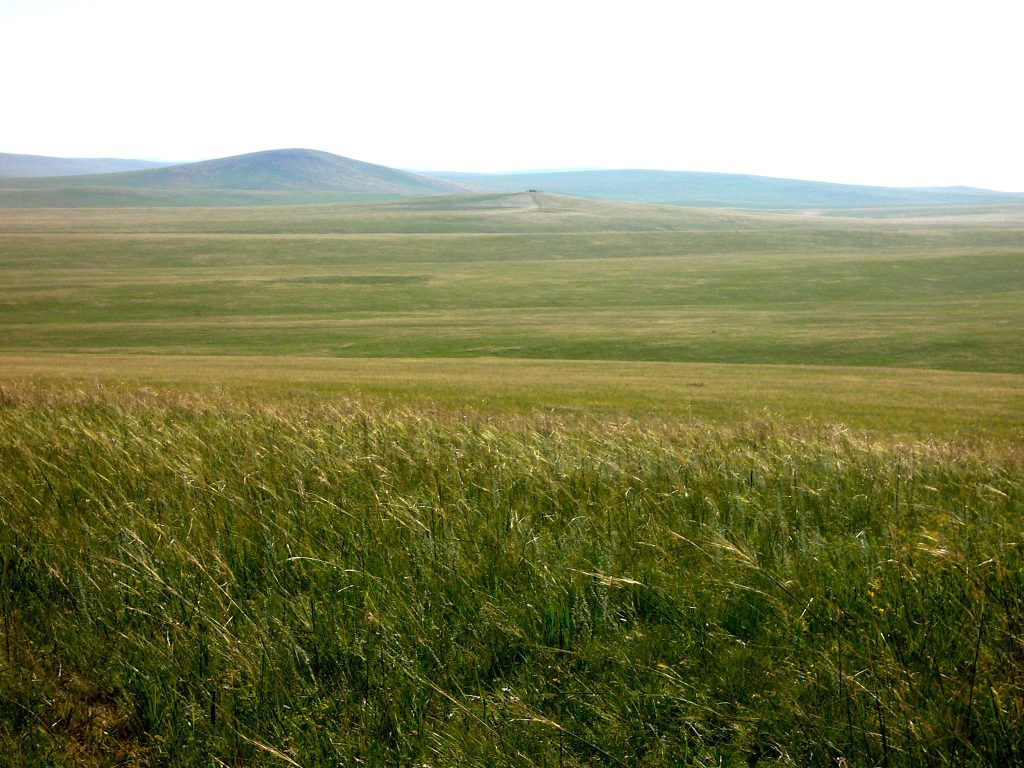
If you missed the “Introduction to Grass Trilogy,” you can find it here.
By Ochirbatyn Dashbalbar
Translated by Jessica Madison Pískatá
1. Grass
O grass—presently
my dear father, mother, siblings, children …
O grass—my small body
my pure desire, my beloved …
Gently sighing, I stroke the grass.
You, my grassling,
I will sniff you like the first curls of my newborn
You, my grassling,
I will stroke you like the white beard of my grandfathers
You, my dear grassling,
I will kiss you like my sweetheart’s jet-black hair.
O, grass—my corpse’s blood, my braided hair
O, generations on generations already vanished
O, grass true and pure, blowing in the wind, consumes these things.
O, my ancestors have become
grass waves rippling in autumn’s cold rain.
O, my dear grass, are those generations on generations digested by the earth
now growing?
O, the sun will milk its rivulets into the grass, and poems and people will be born.
O, I palm my own ashes, my burned remains.
Tender sprigs of grass are sprouting in my too-hot palm.
O, the wind strokes me,
and blowing in the wind, I feel that I am grass.
O, such sharp green juices,
in the stinging scent of the steppe, I rest in peace forever!
Over several centuries, I will flourish, dry out and die!
I am attached by umbilical with boulders and flowers
I, a hot corpse, shall sprinkle my decomposition’s milks upon the ground.
Gently, infant grasses peek between cracks in the rock,
O, my darling babies dancing in the wind …
Flowers dry out and become stone, flowers harden into stone,
I grow, pinched between flower and rock
my hot blood waters both flower and rock
The whole world and humankind shall be found within the petals of a flower.
O, grass, grass—
Life, horses, women, the future, my dear descendants
O, grass-bloom, sadness, my sweet home,
O, you poets—I sing the praises of grass!
O, my several billion green poets
Offer prayers in the verses of a long song,
[1]
[1]
A genre of Mongolian music in which words are stretched into long undulating syllables in mimicry of the curving steppe landscape.
O, in the steppe growing to and fro,
Grass knits a carpet—my dear Shagdarsuren,
[2]
[2]
Dashbalbar lists the names of other Mongolian poets, many from his homeland in the Dariganga region of Mongolia (other than Walt Whitman, an Anglophone American poet).
O, leaves of grass—my dear old Whitman,
O, when I was swaddled—the grass lullaby of my dear old mother,
O, Saruulbuyan, Mend-Ooyo, and Yavuukhulan,
Injinash’s tiptoe on the grass, grass …
O, they are digested deep in the earth,
Growing from deep in the earth, they are my bitter harvest!
I shall begin again the song of the ancestors from years not yet left behind …
My many million great-grandchildren sing this night-to-morning song …
O, grass will yellow in the wind,
it will be washed in the rain and refreshed in the sun.
O, grass—my poem, my dark-eyed lady,
O, will kiss, be born, and sicken.
Blood will turn, the stars will blaze, and desire will be born.
O, all shall become grass …
O, my golden altar, my eternal green prayer,
Grass,
Grass!
Eternal magic …
Life of this ancient world …
Grass, grass …
2. Second Ode to Grass
Grass will grow, covering all worlds
Growing, it will rise as a green flame
Together multitudes will pick up the sunlight.
Grass will grow like an itch in the body.
In the daylight, grass will clamor like all humankind.
The grasses dream like children in the calm night.
And also grow in their sleeping time, symbolizing eternity.
In the dawn, the grass will be refreshed, and play like childhood sweethearts.
Infant grasses will grow up squealing in the placid world.
[3]
[3]
“The Sun Over the Placid World” is a famous Mongolian long song made popular by legendary singer Namjilyn Norovbanzad.
The grass is steeped in the steadfastness of the world
Crushed by a wagon wheel, it will nevertheless stand straight up again
And through its abundant grace, everyone can re-unfurl that ecstatic moment
When they took their first steps, and pulled themselves to standing with fistfuls of grass.
Alongside humankind, grass overcomes repeated calamity
During such eras, we die and are refreshed together
Grass too falls by the scythe of bitter war
Grass too stands up in the midst of smoke and wildfire
And will never abandon its place upon the earth!
With my ancestors, grass has died and disappeared
But the earliest grass generation is still swaying in the world …
For thousands of years, it has reserved its treasure
The peaceful steppe wheat’s only seed
An instant affirmation that life is never lost
When planted in the loams of the earth!
Truly humankind’s only friend, the grass was renowned
Proclaimed the kin of the sun connected by the birth cord of the world.
This world’s grasses enjoy freedom just like the people
They reach toward the sun’s mercy, and punctuate the darkness like the patter of rain.
Even though there is no space left, and pavement covers the world
The extraordinary grass will make a protest
Will break apart the calcifications of rock and stone
And stand up like a hero.
Standing up from the darkness, the grass will impale all roads
With its tender newborn body and like an imaginary dream
It will grab at the sunlight.
I will sing the praise of the grasses with all my might!
The grass will grow and also crack that mountain’s peak
The grass will grow and also populate the bottom of the ocean sea
While we both have life, grasses and people will be familiars
And support one another in growing up beneath the distant stars.
They will become the closest of kin!
O! Listen! The kingdom of grass, the kingdom of humanity, the kingdom of stars,
O! The kingdom of animals, the kingdom of winged creatures, the kingdom of fishes,
O! The kingdom of waters, the kingdom of rocks and stones, the kingdom of fire!
All life is supported by its nutritious green body—to the never failing grass
All hail!
Let us praise its glory!
3. Third Ode to Grass
I, the grass, am alive
Flexing in the west wind
With each puff gently swaying
I, not yellowing, will grow up under the snow.
The grass is not affected by
The steppe horse’s hoof
And the grass is not stomped down by
The hard sole of someone’s boot.
Luckily, even I left behind too much in the space
Between the grass
I became only a mattress underneath lovers.
Autumn’s wildfire didn’t lick me with its red tongue
It didn’t make ash of my body or the smell of singed fur
When even oak trees fall to the hot eastern wind
The grass is left behind, the weakness of its infant body fastened to the earth.
Despite yellowing at the tips each autumn
The grass will sprout in spring from green roots
I grow—tickling the toes of a pretty girl
I grope blindly for the dark blue vapors of spring.
Even autumn is itself welcomed by my tips
And spring disguises itself in my roots.
The seasons dismiss each other and turn over
I will embrace and envelop each of them.
I, grass …
Don’t need a glorious reputation
When I sleep and dream under snow
The time doesn’t matter to me.
I am a green mattress for the living
I am also a shawl for the disappeared
I don’t need anything.
The light of the sun is my god.
There are many tribes of grass
We will cover the wild world and make a clamor
When you people die out
Only I, the blue grass, will be your memorial site
As I am under your feet
I will clamor and ripple above your head.
I will keep your lifetime’s sadness
Your precious spirit will be consumed into the grass
gently blowing
People, you are grass!
You and I share one umbilical cord!
Even when you depart from life, you are kin with me
Even when you disappear, you are still kin with me
As long as there is this world, you and I will never separate
We will grow braided into each other forever.
Grass will break through gravestones too
Though I trust you no less than a celebrated monument
Wrong or right, only grass will forgive you
When you return, only grass will be there to fetch you.
Grass is your trusted spouse
Left behind, bowing and wailing beside your corpse
Like a widow in the blowing wind
Dimly visible in the starlight during evening time.
Grass, a memorial not made by human hands
Grass, breath that continues over days
Grass—most high and most exalted thing.
The grass has a singular magic that
Keeps you in the world forever.
The grass never dies.
Your seeing eye may equate
Those yellowing tips with death.
But the grass roots will still be alive all that time
Proclaiming the life within the funeral procession
The last honor and remembrance
That many people were once living.
Though grass doesn’t speak with words, silently
It will blow and nod in agreement with you
I understand its unknown secret beyond tongues
It doesn’t like empty chatter
It seems it is grateful
For under the stars, the grass grows silently.
Reputations will vanish
O, only grass will be left behind
Animals and people pass away
O, only grass will grow.

